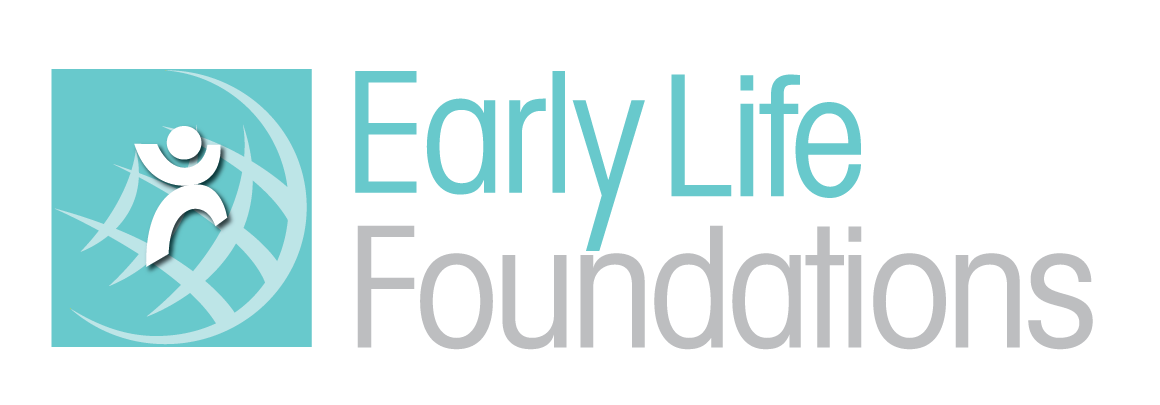Building Resilience & Self Concept
Building Children’s Positive Self Esteem and Resilience
Self-esteem and resilience are best promoted in the early years of development through an integrated approach with opportunities related to real life situations. Discreet programs that are offered as a separate part of the day are not appropriate for young children and have limited effectiveness. Early Life Foundations are increasingly being asked to talk about resilience paradoxically however there is less and less opportunity for children of today to become resilient.Research tells us that those people who are most likely to be intrinsically happy and successful in life will possess a positive self-concept (self esteem + self competence) and reflect resilience.
Self Concept
An individual’s self-concept is developed from their self-esteem and their self-competence. Self-esteem is how we believe ourselves to be most of the time. That we have a sense that we are okay people, we are lovable, respected and worthwhile. A realistic view of who we are.That we have a realistic view of who we are:
- To feel good about who you are, intrinsic worth
- Feelings about self
Self Competence is related to our confidence to undertake tasks and understanding of our strengths and challenges – what we can do, what we need to work toward. Self-competence is related to our ability to affirm ourselves for our strengths and challenges.


